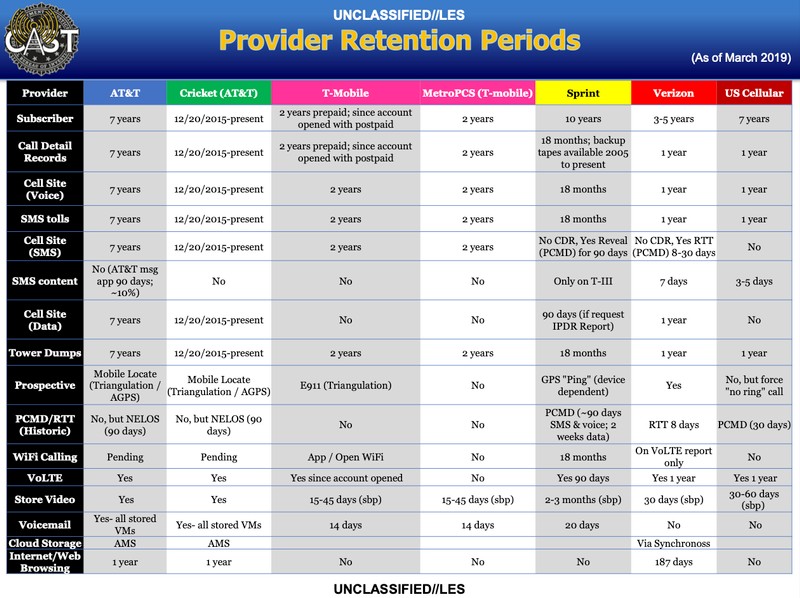```
{
version: 4,
info: {
reason: <string>, // what triggered this ping: "saved-session", "environment-change", "shutdown", ...
revision: <string>, // the Histograms.json revision
timezoneOffset: <integer>, // time-zone offset from UTC, in minutes, for the current locale
previousBuildId: <string>, // null if this is the first run, or the previous build ID is unknown
sessionId: <uuid>, // random session id, shared by subsessions
subsessionId: <uuid>, // random subsession id
previousSessionId: <uuid>, // session id of the previous session, null on first run.
previousSubsessionId: <uuid>, // subsession id of the previous subsession (even if it was in a different session),
// null on first run.
subsessionCounter: <unsigned integer>, // the running no. of this subsession since the start of the browser session
profileSubsessionCounter: <unsigned integer>, // the running no. of all subsessions for the whole profile life time
sessionStartDate: <ISO date>, // hourly precision, ISO date in local time
subsessionStartDate: <ISO date>, // hourly precision, ISO date in local time
sessionLength: <integer>, // the session length until now in seconds, monotonic
subsessionLength: <integer>, // the subsession length in seconds, monotonic
addons: <string>, // obsolete, use ``environment.addons``
},
processes: {...},
simpleMeasurements: {...},
// The following properties may all be null if we fail to collect them.
histograms: {...},
keyedHistograms: {...},
chromeHangs: {...}, // removed in firefox 62
threadHangStats: [...], // obsolete in firefox 57, use the 'bhr' ping
log: [...], // obsolete in firefox 61, use Event Telemetry or Scalars
gc: {...},
fileIOReports: {...},
lateWrites: {...},
addonDetails: {...},
UIMeasurements: [...], // Android only
slowSQL: {...},
slowSQLstartup: {...},
}
```

